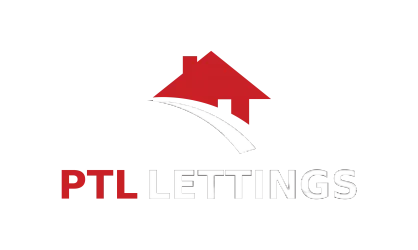landlords
- Home
- Posts tagged"landlords"
PTL Lettings
26 Feb 26
4 Tips For Handling Vacant Rental Properties
If you’re a landlord in Peterborough, you’ve probably dealt with the occasional void period. Sometimes,
PTL Lettings
19 Feb 26
Why Rental Demand Remains High in the UK and What It Means for Landlords
Rental demand across the UK remains exceptionally strong, with more tenants competing for fewer available
PTL Lettings
11 Dec 25
Handling Tenancies Over the Christmas Holidays: A Landlord’s Guide
The Christmas holidays are a magical time, but for landlords, they can also bring unique
PTL Lettings
30 Oct 25
15 Ways to Improve the Kerb Appeal of Your Rental Property
Improving the kerb appeal of your rental property in Peterborough is one of the most
PTL Lettings
16 Oct 25
Legionella Risk Assessments for Landlords: Your legal Duties Explained
Landlords in Peterborough are legally required to carry out risk assessments before renting out their
PTL Lettings
09 Oct 25
Landlords: Attract Hybrid Workers with Dedicated Workspaces
Did you know that employees in the UK now spend only about 1.65 days in
PTL Lettings
02 Oct 25
Landlord Tips: Renting to Tenants with Pets
If you’re a landlord in Peterborough, a situation you may have already encountered is making
PTL Lettings
21 Aug 25
3 Tenancy Deposit Mistakes – And How to Fix Them
A tenancy deposit is a standard part of renting a home. It gives landlords some
PTL Lettings
14 Aug 25
Landlord’s Checklist for Preparing a Rental Property Between Tenants
When one tenant moves out and before another moves in, it’s a golden opportunity for
PTL Lettings
07 Aug 25
Dealing With Void Periods: Minimising Time Between Tenants for Landlords in Peterborough
Void periods, the times when your rental property is unoccupied, can have a significant financial
Recent Posts
All Categories
Tags
2026
advice for landlords
assured tenancy agreement
attract tenants
best tenants
buy-to-let
checklist
christmas tenancies
December
Diamond
festive tips for renters
garden
handling vacant rental properties
hybrid working
kerb appeal
landlords
legionaires disease
legionella
Letting
lettings
Luxury
Luxury Living
marketing
new year rentals
noise complaints
pest control
preparing a rental property
property inventories
property maintenance
property management
remote working
rental
rental demand
rental property
rentals
renters' rights act 2026
rent increases
renting
renting to tenants with pets
tenancy deposit
tenants
tips
void periods
winter rentals
work from home












